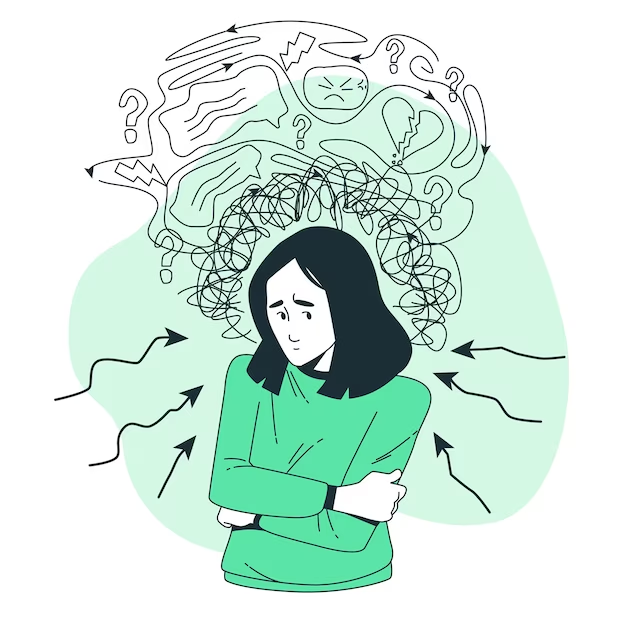Ativan, generically known as lorazepam, is a medication belonging to the benzodiazepine class. It is commonly prescribed for anxiety, insomnia, and certain types of seizures. Given its potent effects and potential for abuse, Ativan is classified as a controlled substance, and its use is subject to legal regulations and safety considerations. Understanding these aspects is crucial for both patients and healthcare providers to ensure responsible and effective use of the medication.
Legal Status of Ativan
1. Classification as a Controlled Substance
In the United States, Ativan is classified as a Schedule IV controlled substance under the Controlled Substances Act (CSA). This classification indicates that while Ativan has accepted medical uses, it also has a potential for abuse and dependence. Schedule IV drugs are considered to have a lower potential for abuse compared to Schedule I, II, and III substances but still require careful regulation and monitoring.
2. Regulatory Controls
As a Schedule IV controlled substance, Ativan is subject to specific regulations regarding its prescription, distribution, and use. Physicians must adhere to strict guidelines when prescribing Ativan, including:
- Prescriptions for Ativan must be written by a licensed healthcare provider and can only be refilled a limited number of times before requiring a new prescription.
- Pharmacies and healthcare providers are required to maintain accurate records of Ativan prescriptions and dispensed quantities to monitor for misuse and ensure compliance with regulations.
3. International Regulations
The legal status of Ativan may vary in different countries. In many nations, Ativan is also classified as a controlled substance, though the scheduling and regulations can differ. Travelers should be aware of the legal status of Ativan in any country they visit and ensure they comply with local laws and regulations regarding its possession and use.
Safety Considerations When Using Ativan
1. Risk of Dependence and Withdrawal
One of the primary safety concerns with Ativan is the risk of developing dependence and experiencing withdrawal symptoms. Long-term or excessive use of benzodiazepines, including Ativan, can lead to physical and psychological dependence. When discontinuing Ativan, it is essential to do so under the supervision of a healthcare provider to minimize withdrawal symptoms and ensure a safe tapering process.
2. Potential for Abuse
Due to its calming and sedative effects, Ativan has a potential for abuse, particularly among individuals with a history of substance abuse or addiction. Misuse of Ativan, such as taking it in higher doses than prescribed or using it without a prescription, can lead to serious health risks, including overdose and impaired cognitive function.
3. Drug Interactions
Ativan can interact with other medications and substances, potentially leading to adverse effects. Ativan controlled substance, opioids, or other central nervous system depressants can enhance sedative effects and increase the risk of respiratory depression, sedation, and impaired motor function. Patients should inform their healthcare provider of all medications and substances they are taking to avoid harmful interactions.
4. Cognitive and Motor Impairment
Ativan can impair cognitive and motor functions, including memory, coordination, and reaction time. This impairment can affect daily activities such as driving or operating machinery. Patients should exercise caution and avoid engaging in potentially hazardous activities until they understand how Ativan affects them.
5. Special Populations
Certain populations may be at increased risk for adverse effects with Ativan use. For example:
- Older adults may be more sensitive to the sedative effects of Ativan and may experience an increased risk of falls and fractures.
- Ativan can cross the placenta and enter breast milk, potentially affecting fetal and infant development. Pregnant or breastfeeding women should consult their healthcare provider about the risks and benefits of using Ativan during these periods.
Safe Use of Ativan
1. Follow Prescribed Dosages
It is crucial to use Ativan strictly according to the prescribed dosage and instructions provided by your healthcare provider. Avoid adjusting the dose or frequency without consulting your provider.
2. Avoid Alcohol and Other Depressants
Refrain from consuming alcohol or using other central nervous system depressants while taking Ativan. Combining these substances can enhance sedative effects and pose significant health risks.
3. Regular Monitoring
Regular follow-ups with your healthcare provider are important for monitoring the effectiveness of Ativan and assessing any potential side effects. Your provider can also help manage any concerns related to dependence, withdrawal, or drug interactions.
4. Secure Storage
Keep Ativan and other medications in a secure location to prevent unauthorized access. Proper storage helps reduce the risk of misuse or accidental ingestion by others, especially children.
Conclusion
Ativan (lorazepam) is a Schedule IV controlled substance with legitimate medical uses for treating anxiety, insomnia, and seizures. However, its potential for abuse, dependence, and interaction with other substances necessitates careful regulation and adherence to safety guidelines. By understanding its legal status and following recommended safety practices, patients can use Ativan effectively while minimizing risks. If you have concerns about Ativan or its effects, consult your healthcare provider for personalized guidance and support.


